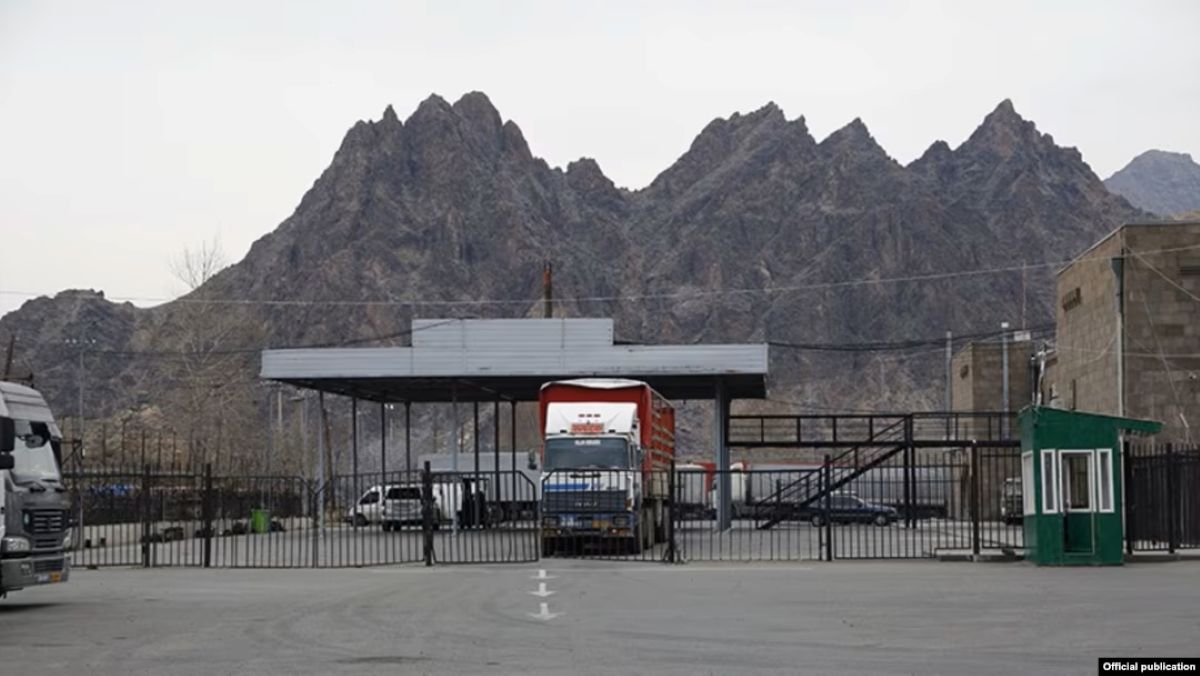Can Kyiv overcome corruption?
Over the past several weeks, Ukrainians have studied with interest the details on the wealth of their leaders, whom they have long regarded as corrupt.
The aforesaid has become possible due to Ukraine’s new e-declaration system, allowing the citizens to behold the spoils that their politicians and others across the state bureaucracy collected during nearly three decades of misrule and widespread graft.
The e-declarations of the ministers and MPs’ assets are startling and also downright ludicrous. Among the registered assets are multiple properties, extravagant watches, and extensive collections of wine and antique art. Borys Filatov, the mayor of Dnipro, even logged a ticket from Virgin Galactic, a commercial spaceline for outer-space travel, valued at around US$175,000.
Of course, a public servant might have entered politics after a successful business career, as Filatov did. However, in the country with an average monthly salary not exceeding US$200 and the soldiers that are sent to the frontline for not much more, few people find that explanation acceptable.
The details revealed as a result of publication of the e-declarations sparked a maelstrom of commentary in the press and on social media.
The Unified State Register of Declarations would not have appeared without the persistence of a robust civil society.
In Kyiv, the groups such as the Anti-Corruption Action Center and the Reanimation Package of Reforms, have been instrumental in designing and lobbying for the implementation of anticorruption measures meant to bring Ukraine closer to a transparent, European-style of governance.
Pressure from Western partners has also been crucial. Ukraine’s cash-strapped economy, which contracted sharply thanks to the revolutionary turmoil and Russia’s invasion of Crimea, has been propped up by loans from the International Monetary Fund (IMF), issued under the condition that Kyiv would streamline its bureaucracy and clean up corruption.
Aspiration for the visa-free travel with the European Union, which received preliminary approval last week, has become a major impetus for introduction of the e-declaration system.
Ukrainian Premier, Vladimir Groysman, hailed introduction of the electronic declaration, claiming that ‘things will never be the same again.’ The words coming from an official who, along with his wife, declared nearly US$2 million in cash and a dozen luxury watches, might seem hollow, but he is right in cautioning that publicizing politicians’ assets was ‘far from the final step.’
Now the country’s anti-corruption agencies will be dealing with dozens of thousands of e-declarations, checking for irregularities and, ideally, will successfully prosecute those individuals they’ve found to have broken the law by illicit profiteering or by falsifying information in their disclosures.
Journalists (first of all, from such media outlets as the ‘Ukrainskaya Pravda’ (Ukrainian Truth) and ‘Novoe Vremya'(New Time)) and civic activists will most certainly play a part in this process, but the main burden will lay on two institutions – the National Agency for Prevention of Corruption and the National Anti-Corruption Bureau of Ukraine (NABU).
This won’t be an easy job.
Earlier this year, the lawmakers had tried to stall and water down the anticorruption draft law by decriminalizing false declarations. Whereas in October, the officials submitted a bill, calling for activists to publicize their own assets. The Freedom House organization regarded it as a pretext for government harassment of the very anticorruption fighters responsible for pushing reform.
Now that the system is finally up and running, even its staunchest defenders are urging caution amid high public expectations. One of the most disappointing issues, according to Vitaliy Shabunin of the Anti-Corruption Action Center, is a loophole in Ukraine’s criminal code that essentially renders assets that may have been illicitly acquired before 2015 legally unactionable.
NABU may also face a number of institutional setbacks. Although it is empowered to launch criminal investigations, the body nevertheless relies on a judicial system that the activists say is crooked. NABU can investigate as thoroughly as it wishes but can ultimately do little if, for example, a mysterious fire suddenly incapacitates a court that is due to consider this case.
A court can also set a disproportionately low bail in high-level embezzlement cases or even release a suspect from custody, as in the case of Sergey Pereloma, the deputy head of Naftogaz state-run energy company.
None of 12 cases that NABU sent to courts so far have resulted in outright convictions, though there have been settlements on 6 cases.
Judicial reform in Ukraine is currently under way and a draft law on setting up anticorruption courts is expected to be submitted to the parliament by the end of the year.
Another factor hampering the fight against corruption is a lingering Soviet mentality that often includes a fatalistic acceptance of leadership, however corrupt. 25 years of corruption in an independent Ukraine and 70 years of Soviet rule have created a ruling class defined by impunity and largely free from public scrutiny.
This mindset helps feed the often dangerous passivity commonly found in post-Soviet societies.
Ukraine has already experienced such disillusionment in reforms following 2004. After the Orange Revolution, the civil society failed to keep up pressure on the authorities to propel meaningful change.
The developments in 2014 certainly galvanized larger swaths of the population in civic engagement. But there are still concerns over the pace and intensity of the reforms. Ultimately, rigorous law enforcement and transparent prosecution are the most effective ways to demonstrate to the public that no official is above the law. But there must be enough prosecutions of crooked bureaucrats to convince the public that it is a widespread and lasting trend, not a demonstrative spectacle that claims a handful of sacrificial lambs.
There is a low level of public confidence in reforms in Ukraine. A recent survey conducted by the International Republican Institute (IRI) found that 72% of the population believes the country is headed in the wrong direction. Stalling on the reforms path is not something Ukraine can afford.



















